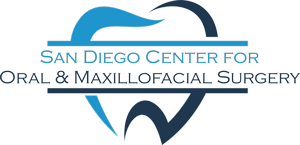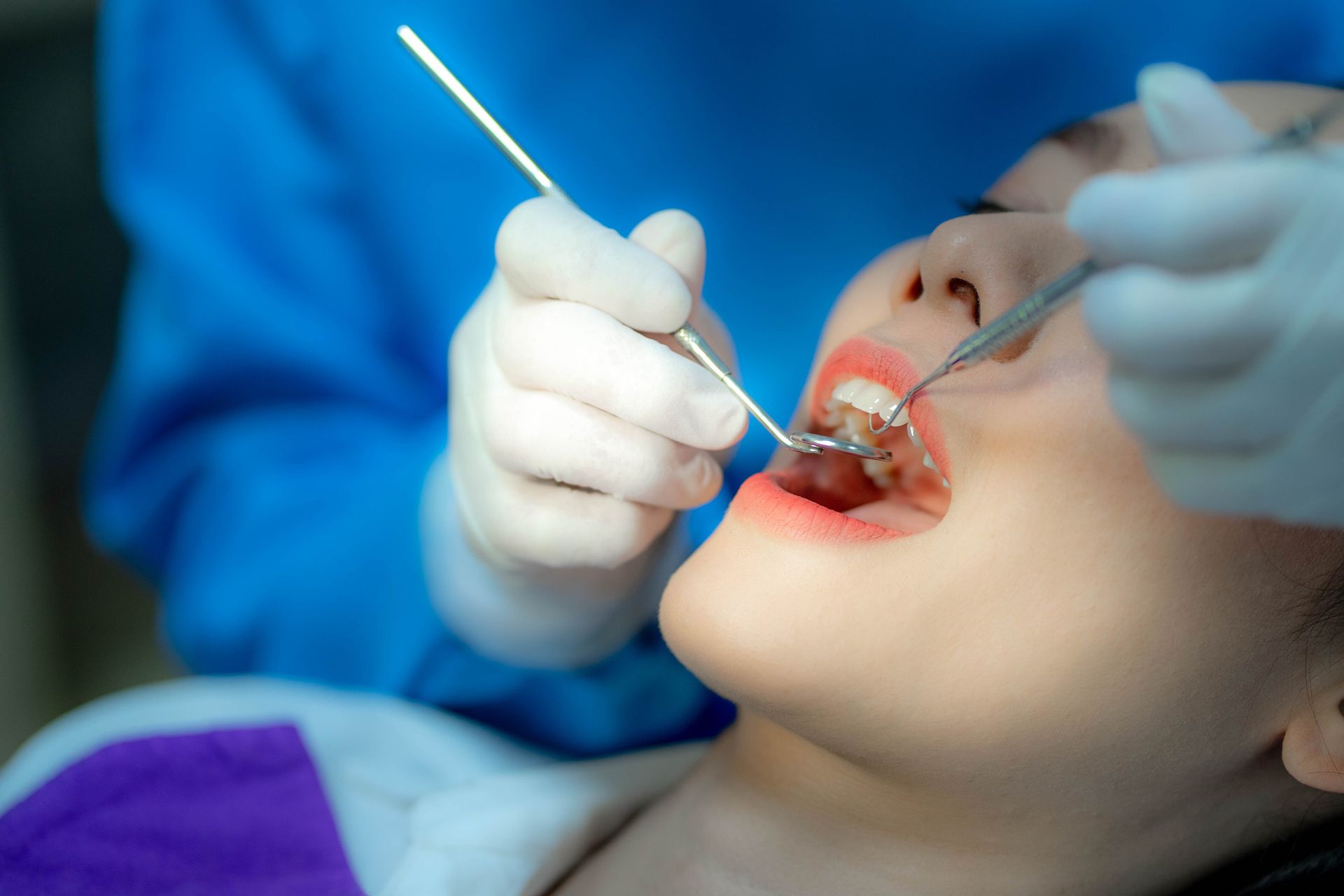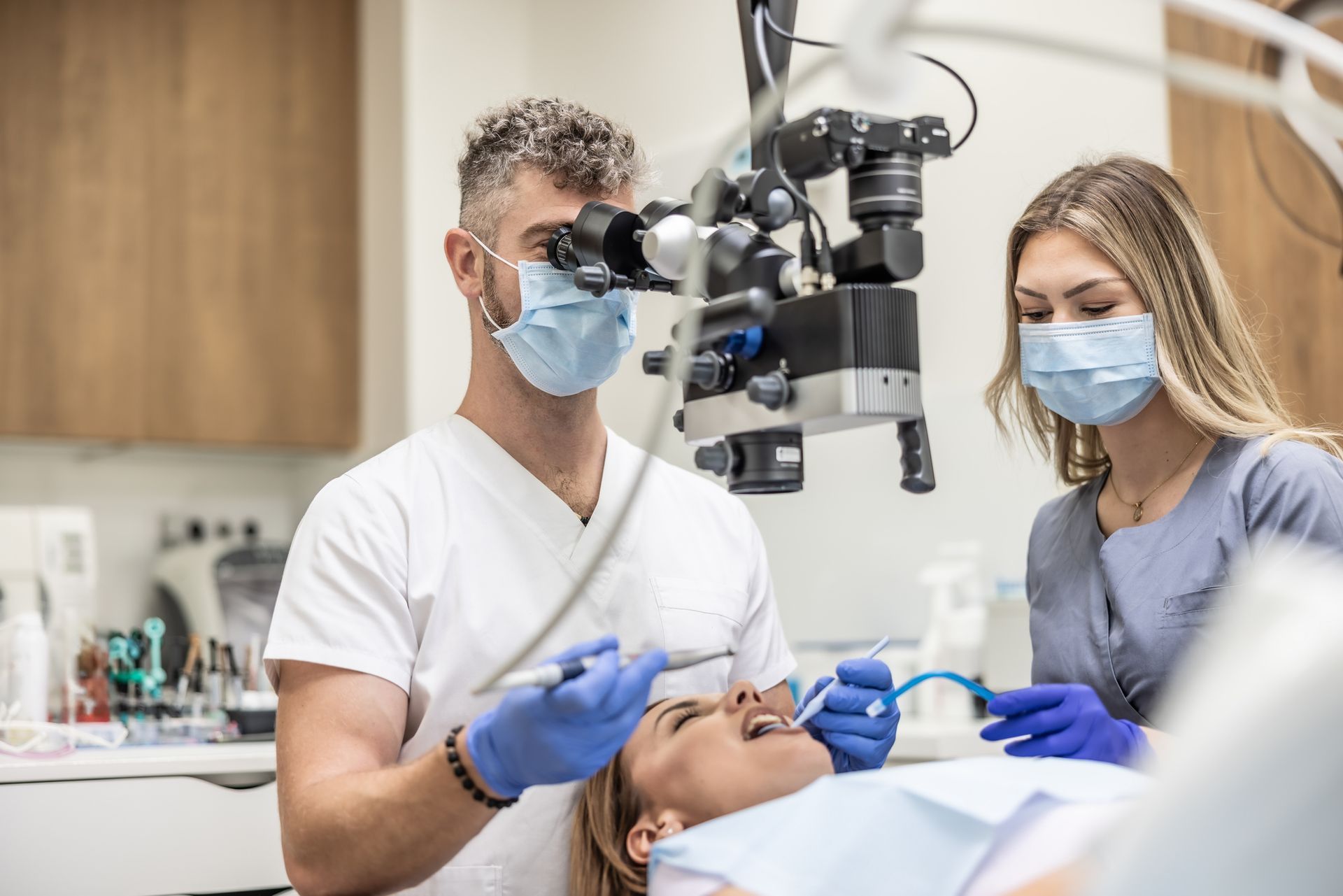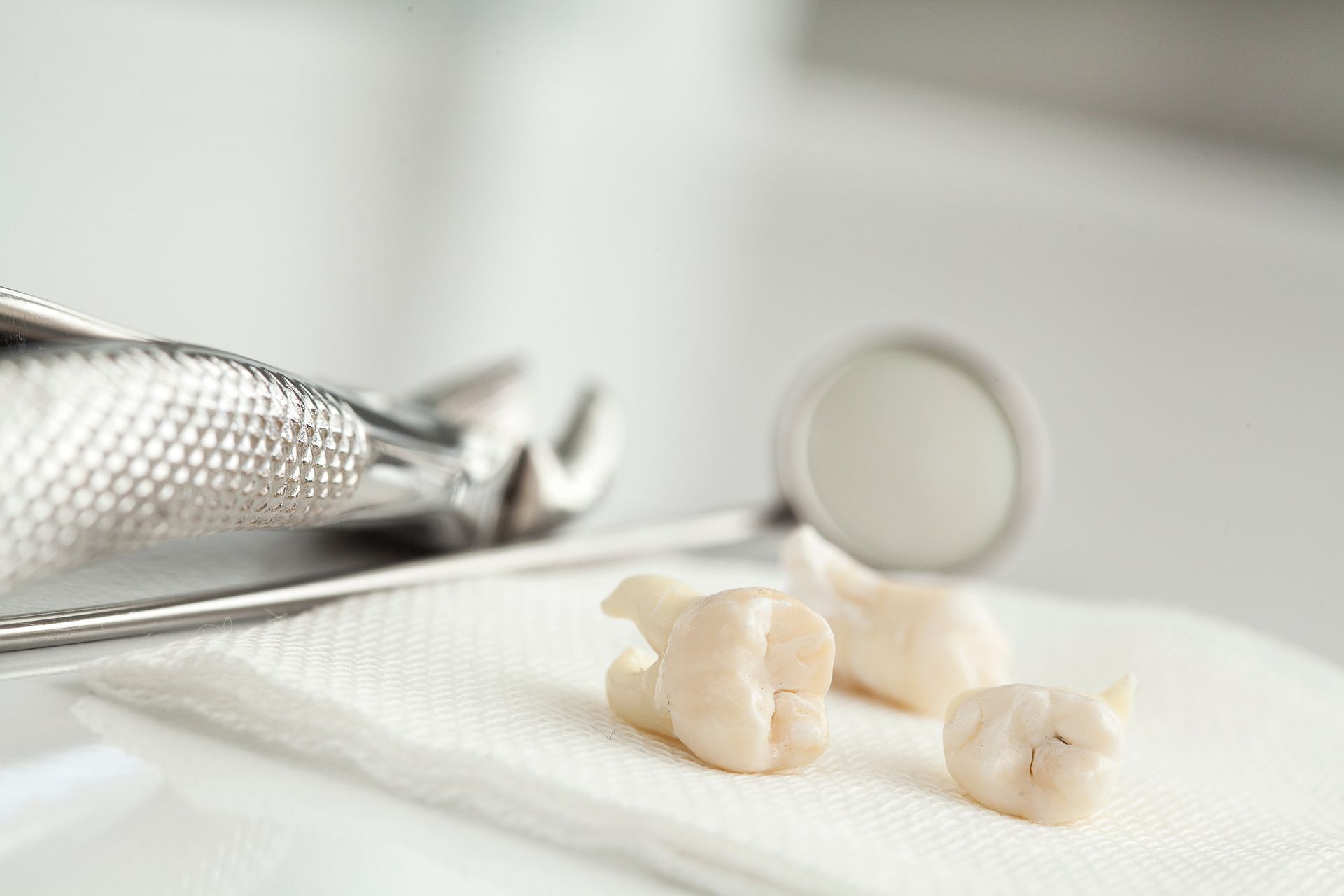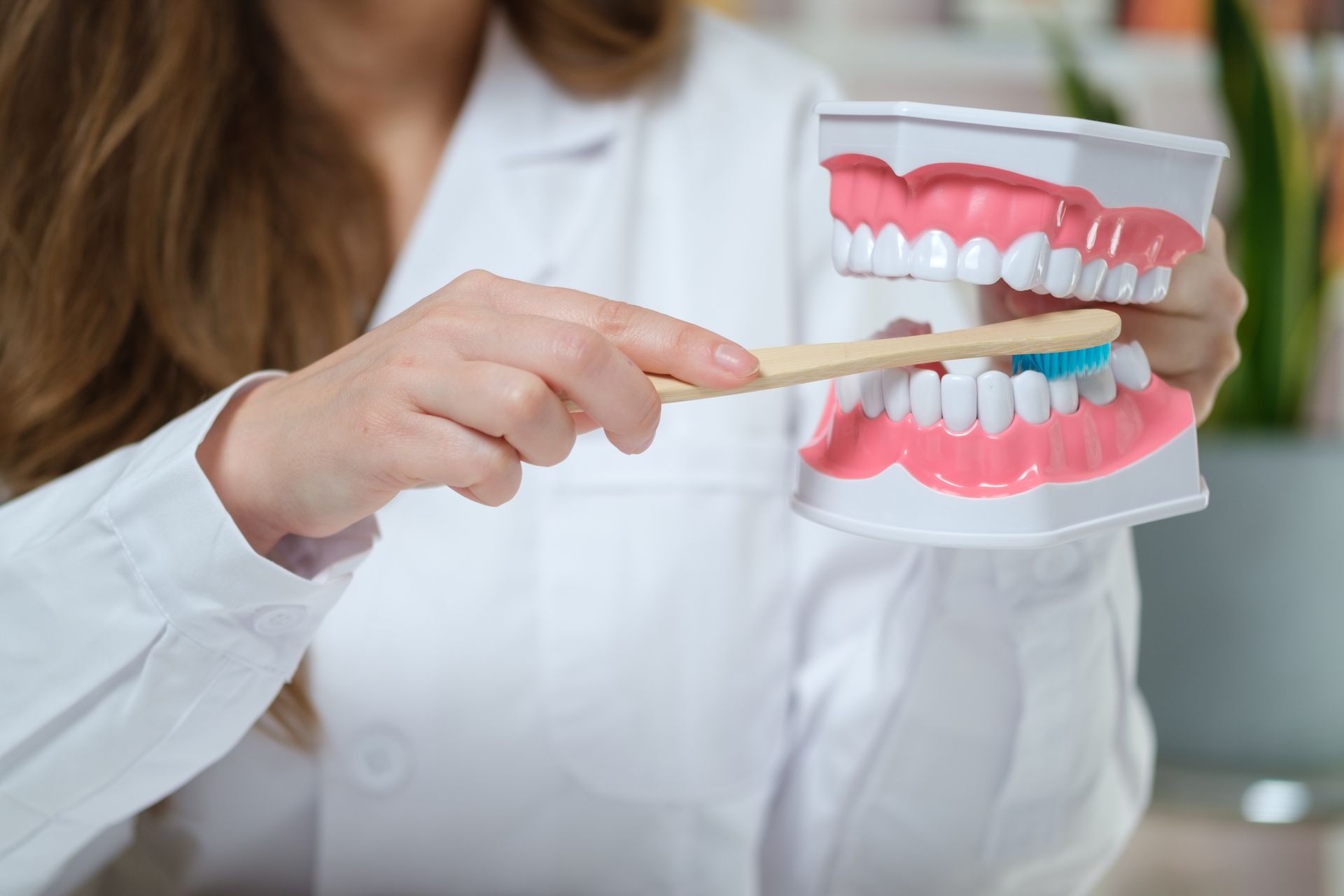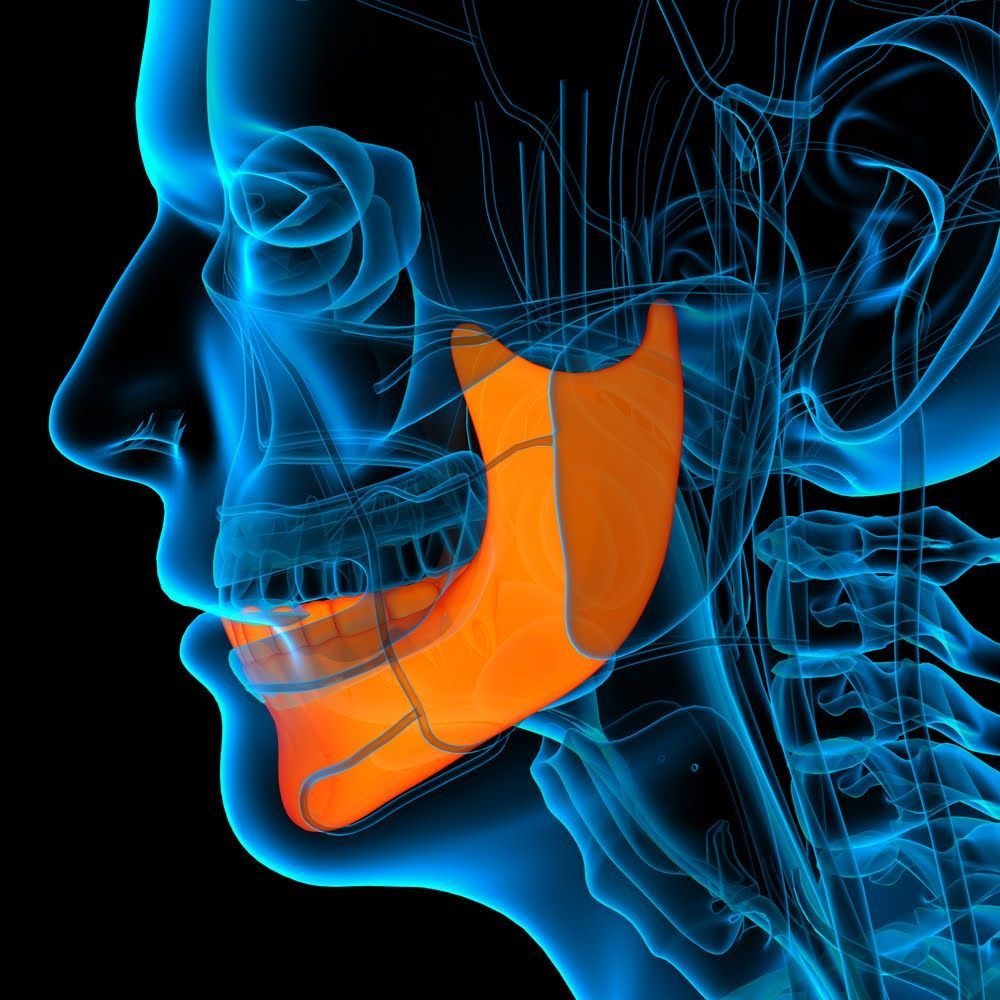How Can Your Dentist Solve Your Sleep Apnea Issues?
Admin • December 23, 2019
How Can Your Dentist Solve Your Sleep Apnea Issues?
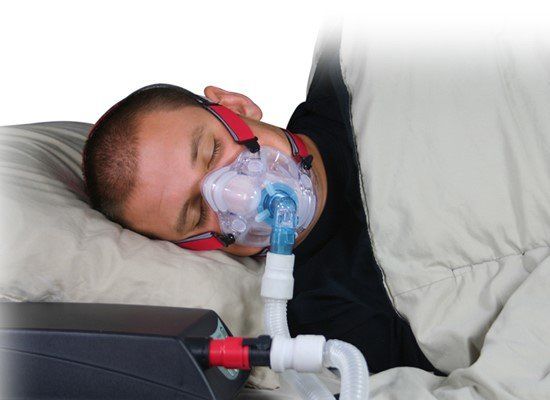
Sleep apnea affects over 18 million adults in America, according to the National Sleep Foundation. If you're one of the many adults diagnosed with this disorder annually, learn what you need to know about sleep apnea symptoms and how your dentist can help.
What Is Sleep Apnea?
Before you can understand how a dentist can help you with this sleep disorder, you need to know the basics. The most common type of sleep apnea is an obstructive sleep disorder. Like the name implies, this disorder happens when something obstructs breathing while you sleep.
In the case of obstructive sleep apnea, the muscles in the back of the throat don't keep the airway open, which obstructs the airway and stops you from breathing correctly.
In other cases, the brain doesn't control breathing properly as the patient sleeps. Known as central sleep apnea, this is less common than the obstructive version.
While the mechanisms behind sleep apnea are the same for most patients, the causes are often different. Sleep apnea has several potential causes, such as genetics, weight/obesity, a small-sized upper airway, a recessed chin, a large neck, or an overbite. Lifestyle factors such as smoking and alcohol use can also lead to this condition.
Why Does Sleep Apnea Need Treatment?
Anything that reduces or stops breathing during sleep can pose serious health risks. Not only will sleep apnea leave you tired, but it can also result in health issues such as hypertension (high blood pressure), congestive heart failure, stroke, arrhythmia, memory problems, or mood disorders.
Even though the sleepiness that sleep apnea can cause may not seem like a major problem, excessive fatigue can put you and others in jeopardy. Sleepiness can lead to car accidents, work accidents, and other similar issues.
Along with the health and safety problems that often go hand-in-hand with sleep apnea, the disorder can also disrupt your spouse's (or another family member's/roommate's) sleep, which can lead to tense moments or even arguments.
How Can a Dentist Help You to Treat Sleep Apnea?
If a dentist doesn't seem like the right medical professional to treat this disorder, think again. Dentists don't just fill cavities and help you to maintain pearly white teeth. Dental specialists can also help patients to manage obstructive sleep disorders such as snoring and sleep apnea.
According to the American Academy of Dental Sleep Medicine (AADSM), continuous positive airway pressure (or CPAP) therapy is the most common treatment for sleep apnea. Sleep apnea patients who use CPAP therapy must wear a mask whenever they sleep, which isn't always practical or comfortable.
Sleep apnea patients who can't, or won't, use a CPAP machine have alternatives — including oral devices. Oral appliances used for sleep apnea are similar to sports mouth guards. Instead of a mask over your face, this dental device fits snugly inside of your mouth. Some patients find this type of treatment easier to wear or less intrusive than a CPAP machine.
Dentists trained in sleep medicine have the expertise and experience to create custom-fit sleep apnea oral appliances. Unlike a mouth guard you could buy in a store or online, this device is made specifically for your mouth. Beyond the custom fit, this type of appliance is specifically designed to help sleep apnea patients. If you want to explore this option, discuss the process with your dentist.
If this type of dental appliance doesn't work for you and you can't use a CPAP machine, you still have another alternative. An upper airway surgery, done by an oral surgeon, can eliminate the symptoms and stop the obstruction.
Do you have sleep apnea? Contact San Diego Center for Oral and Maxillofacial Surgery to learn about your options.
